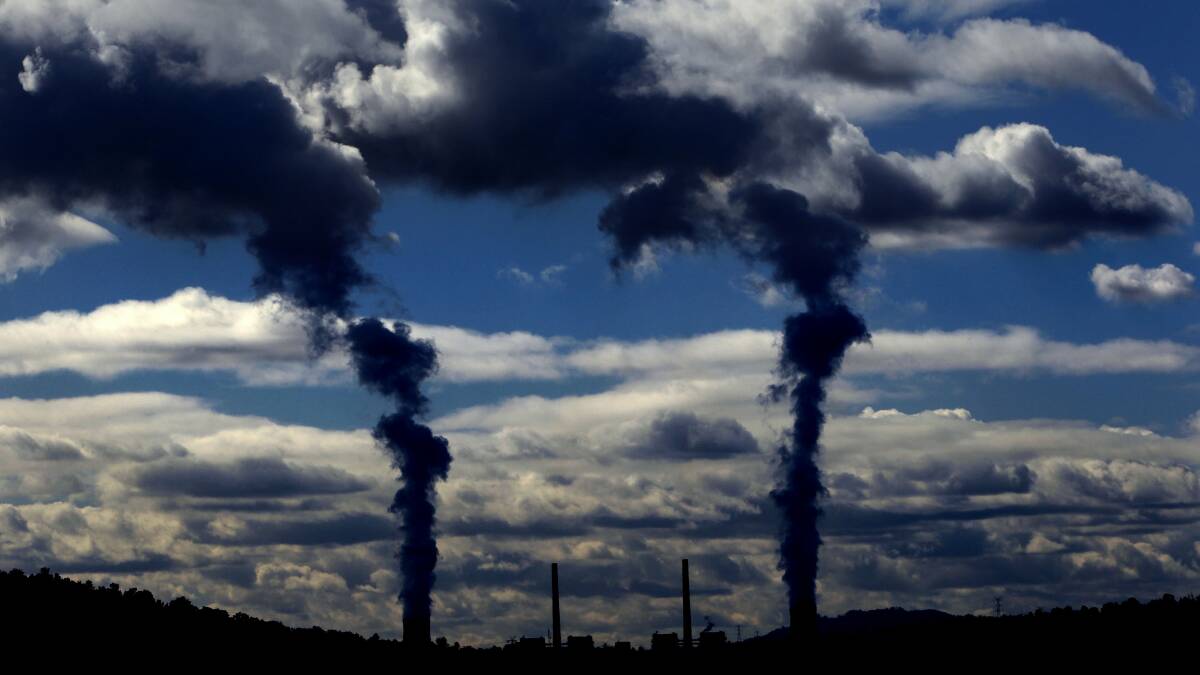The cosmetics, clothing, footwear and food and drink sectors have made the highest proportion of dubious environmental claims in marketing their products, according to a new report.
Subscribe now for unlimited access.
$0/
(min cost $0)
or signup to continue reading
The prevalence of 'greenwashing', or the misleading promotion of environmental and sustainability claims to market consumer goods, has prompted research from the Australian Competition and Consumer Commission (ACCC).
In a sweep of 247 different businesses and brands, ACCC found that 57 per cent made concerning claims, including the use of vague or unclear environmental claims, not providing evidence for their claims and setting environmental goals without clear plans for achieving them.
ACCC deputy chair Catriona Lowe said the findings suggested a wider problem.
"Consumers are now, more than ever, making purchasing decisions on environmental grounds.
"Unfortunately, it appears that rather than making legitimate changes to their practices and procedures, some businesses are relying on false or misleading claims," she said.
"This conduct harms not only consumers, but also those businesses taking genuine steps to implement more sustainable practices."

UNSW professor of political philosophy and leader of the climate justice research program Jeremy Moss told ACM the onus should not be on consumers to "parse advertising" for deceptive claims.
"The problem for consumers is that it's almost a full time job working out whether a product is in fact environmentally friendly or not. And no one really has time to do that for all the products they consume," he said.
"That role should in fact be played by regulatory authorities so that consumers don't have to waste their time thinking about whether the packaging on this product is environmentally friendly or not."
IN OTHER NEWS:
Climate Council's head of advocacy Dr Jennifer Rayner told ACM that the rise of greenwashing practices had coincided with the momentum towards net zero.
As consumers and investors are asking companies to do more on climate action, companies are hearing that but often they're responding by greenwashing instead of by taking genuine action.
- Dr Rayner
"Greenwashing really hurts the businesses that are taking genuine action on climate change, because businesses that are working to cut their emissions, whether it's with new technology, or with new processes, they are spending money to do that and they are making investments in the future of their businesses," Dr Rayner said.
"And that means that if other businesses are just lying to the community about what they are doing, while not taking action, they are putting those businesses which are doing the right thing at a commercial disadvantage," she said.


